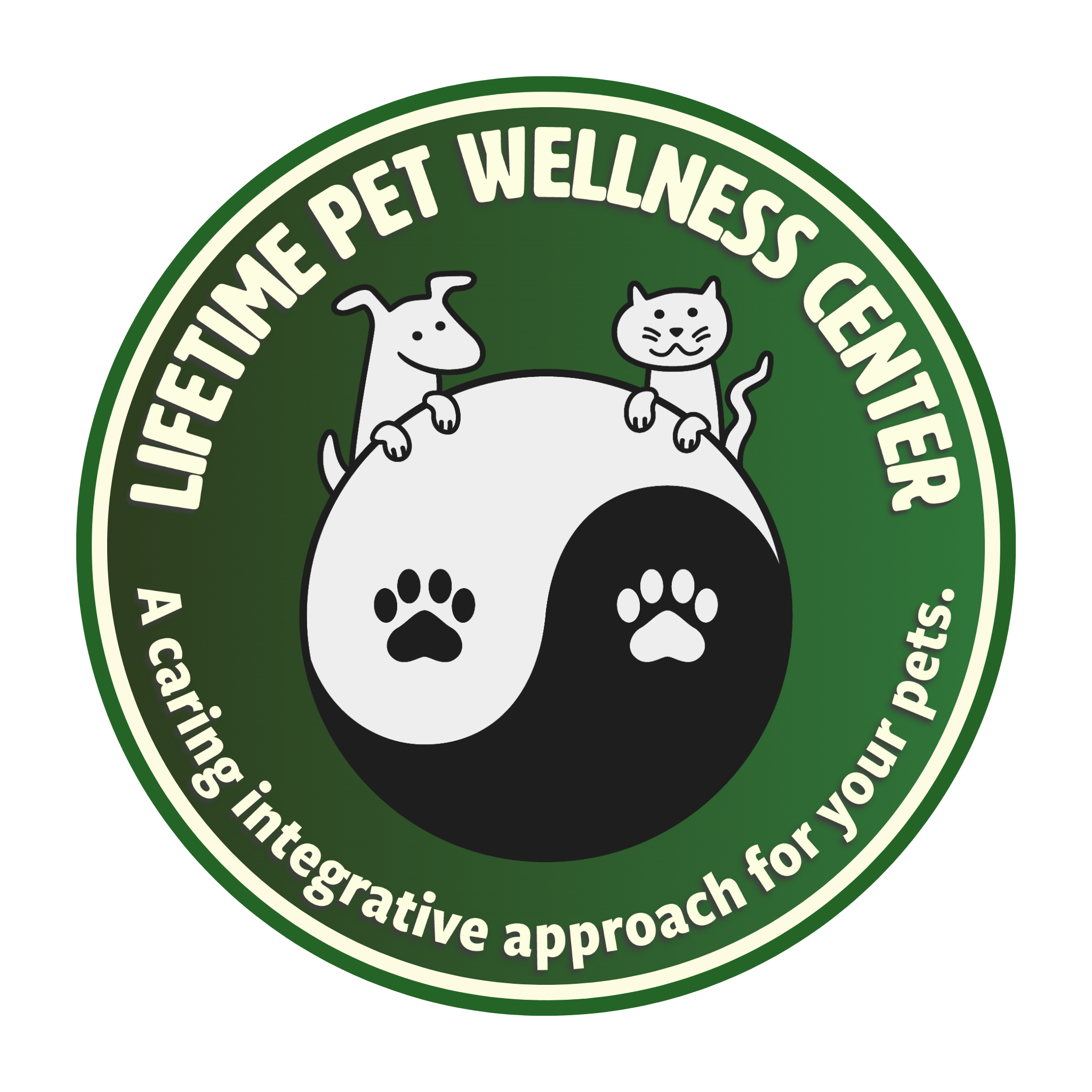Dietary Consults
Dietary Consults
Our pet dietary consults can help your furry friend live their best life! Pets heal better when fed the least amount of processed food. Natural foods provide unadulterated nutrients, enzymes, and vitamins that processed foods do not. We recommend various ways to add natural nutrition to your pet’s diet.


The great scholar Hippocrates said that we should all be able to stay healthy with an appropriate diet and a few good herbs.
Everyone (including animals) needs a variety of fresh foods to provide natural vitamins, enzymes, amino acids, healthy fats, and minerals.
An enormous amount of growing data shows that proper nutrition helps us stay healthier, that good genes are “read” and bad cancerous genes are not, and that DNA is better protected from free radicals. There is also enormous data that show that unhealthy food can work in the opposite, making our progeny and us sicker and sicker with each generation. Many doctors will comment that they see younger animals (or humans) with diseases generally seen in the old. Our pet dietary consults include recommendations on Dry Kibble, Canned, Homemade, and Raw pet foods.
Nutrition is the basis of all good health. Supplying the body with proper nutrients is the king of all treatment modalities. Without it, organisms do not thrive, whether it be an amoeba, human, or a beloved pet. LPWC divides nutritional medicine into two main sections: Glandular therapy and vitamin/nutrient therapy. Many of us may think of this section as merely changing the diet. Although a proper diet is imperative, diet is separate from nutritional medicine for our purposes here.
We recommend completing a systematic survey to help us address your pet’s nutritional needs. Click below to print the surveys.
LPWC System Survey Sheets
There is a different survey for dogs and cats. Please fill this out before your pet’s appointment and bring it to the office. We recommend this for every patient five years or older annually. This survey allows us to identify vitamin and mineral imbalances and organ distress in your pet.
The survey instructions are for each group; circle the number that applies. If a symptom doesn’t apply, then leave it blank. Use:
- For MILD symptoms (occurs once or twice a month).
- For MODERATE symptoms (occurs several times a month).
- For SEVERE symptoms (you are aware of it almost constantly).
Have questions?
We are paw-sitivley excited to chat with you and your furry friends!
